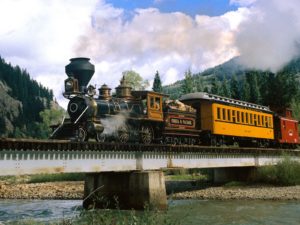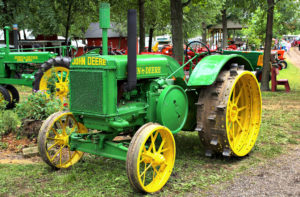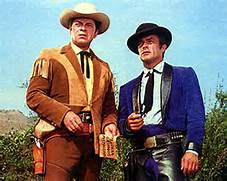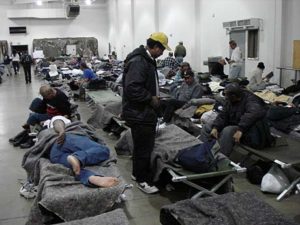More on Discontent
Our economy has been one of change since the beginning. When the railroads came to Colorado in 1870, a lot of teamster jobs hauling freight from Omaha and Kansas City went away. The automobile would not have happened without the new petroleum industry. Coal retained its strength from powering locomotives, heating homes, and fueling industry. Industry and manufacturing grew, making the American economy one of the largest in the world.
What a combination, land, natural resources, transportation, a growing population of people with ambition, mobility, and a willingness to try something new. Some were left behind. Native Americans, African Americans, and those new citizens in the Southwest who were once part of Mexico with its traditional ways. As always, immigrants ended up at the bottom because of language and discrimination.
There were troubles. Low wages, a turbulent labor history, drought, an unstable business cycle creating panics individuals were helpless to influence. There were some adventures the government engaged in, such as Cuba, the Philippines China, Japan, all the trappings of empire. In many ways the American West was an empire, won at the expense of those who were living there.
Agriculture was becoming more mechanized, displacing people who moved to the cities to work in industry. All the change continues. There is a tremendous amount of wealth in Silicon Valley, not so much in Michigan.
The West has been boom-bust from the start. The fur trade collapsed, but the gold rushes started. The government started giving land to the railroads and individuals. The short grass prairie boomed with hopeful wheat growers, then the droughts came. Oil and gas grew and grew, and grew. As old fields played out, new oil fields were discovered. A couple of big wars really heated things up.
It all looked great. Yes, lots of change, but people could find good jobs and things steamed along. The real upheavals were when the business cycle threw millions out of work. The 1930’s were a terrible time, but a war healed all that.
The 1950’s seemed like a golden age. Lots of jobs, the U.S. Ruled much of the world, and television built a myth of stability, prosperity, and a bright future for everyone. the myth came from relative prosperity and the ubitiquous westerns on television promoting a life that never existed.
The 1960’s brought social upheaval accompanied by a growing shift in how people made their living. Steel mills closed, imported cars were on the roads, and computer-driven automation started taking industrial jobs. The word Yuppie became a term of derision, but the Yuppies were the wave of the future. They possessed education and a skill set many people could or would not obtain.
The skilled trades fell out of favor. It is college or else. The trade jobs are filled the way they have always been filled, by immigrants. This time however, the immigrants are not easily assimilated Europeans. They are Latin, and and bring their culture with them. Many are just not as interested in assimilating, and many are undocumented.
All this change leaves a huge segment of our society out of the good life. Many are rural, where big mechanized farms haven taken jobs. Many just do not have social and intellectual requirements to move into the new economy. What’s left? Low-paying service economy jobs, often for an out of date minimum wage inadequate for one person, let alone a family. It is hard to build a life mowing lawns and doing kitchen work. Much of the time jobs that used to be stepping stones have turned into dead ends.
The trouble is just beginning. Those people marginalized by an economy where they don’t fit can be radicalized and turn to violence and terror or Donald Trump, which may be same thing. The discontent is just not with the marginalized working class. There are lots of well-educated people from middle class families making pizzas and living in their parents’ basement. They thought they were doing the right thing going into debt to get an education and found nobody wants them.
This is still a rich country. There is a huge imbalance in the distribution of wealth which has to change. The change agent must be government. A true progressive tax structure and an end to the massive influence of special interests in government are desperately needed. The nation has the resources to provide everyone with an income providing them some dignity and the flexibility to enhance their station in life. Given a decent income, most will seek ways to do even better.
We will always have the wealthy and the poor. Now, there is too much concentrated wealth for a few and too many poor. Trying to revert to an American utopia which never existed will only add to social instability.
There should be no food banks or coat drives. There should be no one sleeping on the streets. People with mental health problems should not be cast out. Everyone should have the time and resources available to build better lives for themselves rather than being trapped in poverty.
In other words, we need a new time of progressive change, not an attempt to return to a myth. How to pay for it all? A realistic progressive tax system to redistribute income.



